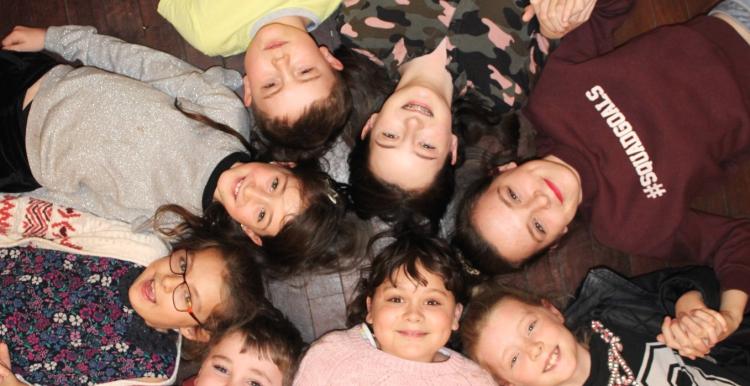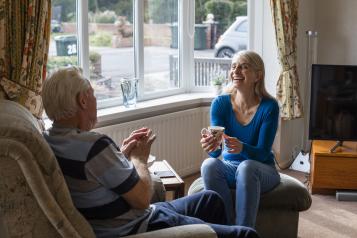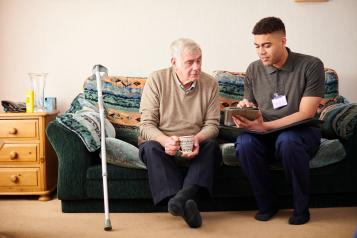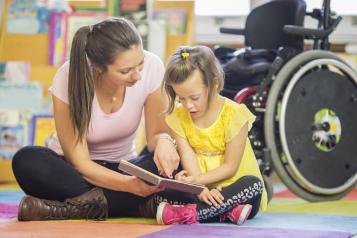What it means to be a young carer

There are almost 166,000 young people acting as unpaid carers in England.
Young carers don’t always realise they are carers — they can feel isolated and not know where to turn for support outside of their families.
Over the last year, several local Healthwatch have spoken to young carers about their experiences and how health and social care services could work better for them. Some of the common things they’ve raised with us include a need for:
-
Greater awareness of carers and their needs among health professionals
-
Better information and help finding services
-
Access to effective support services
-
More consistency in the support offered by schools
After identifying a lack of services for young carers in the local area, Healthwatch Bolton found a unique way to make their voices heard — with a charity single raising money to help young people.
Two young people who took part in the project, and their parents, tell us what it means to be a young carer.
April, 13
“I started caring at a very young age. I originally started caring for my auntie Julie who was diagnosed with an autoimmune disease. Then, when I was around 10 or 11 my mum started getting symptoms of fibromyalgia, which soon got worse. Not long after, my auntie Tina fell really ill and ended up in a coma.
“I always felt it was my duty to help them all out. I didn't realise I was a young carer and I didn't really know what a carer was.”
April’s mum, Kim
“April doesn't class herself as a carer and carries a massive burden to school every day.
“When Michelle from Healthwatch came to interview April, it was the first time she’d properly spoken and opened up about how she feels about being a young carer. We didn’t realise fully just how much April was doing for us all.”
Scarlett, 7
“My brother is 18 months older than me and has always had autism, so helping him is all I have ever known.
“William can become very frustrated and upset, and I help my Mummy and Daddy to calm him down by getting his favourite snack or his iPad. I also make sure that my little sister is safe if he becomes cross. When we’re getting ready for school I help him to get dressed and put on his shoes.
“I never really thought of myself as being a carer, because I love my brother and it’s important to look after your family, but when I started school I began to notice that not all families were like mine. I felt different.”
Scarlett’s mum, Heather
“Our son William was two when it became apparent that family life would take a different path for us and he would most likely need to be looked after for the rest of his life.
“Scarlett was one at the time and I was worried that daily life would be tough for her. Having William in her life does make life challenging and she goes above and beyond what most siblings do every day.
“Helping to care for her brother has made her into a resilient and kind person, but I do think it is important that what she and other children do in these circumstances is acknowledged and recognised.”


